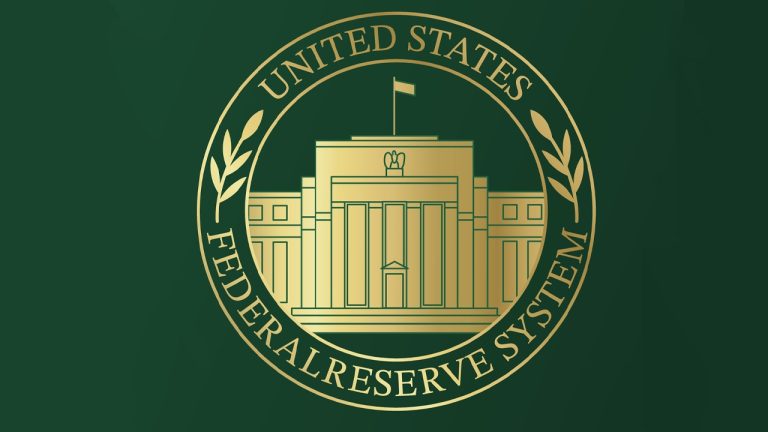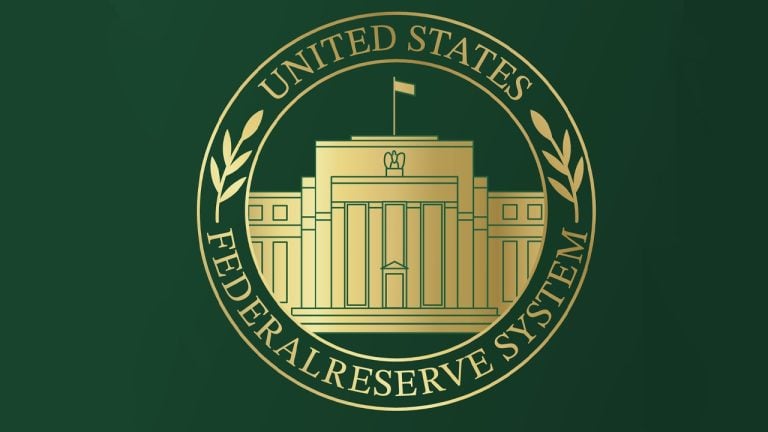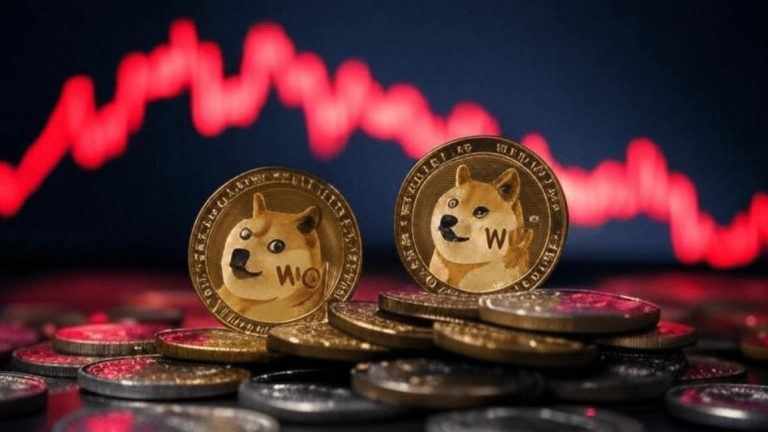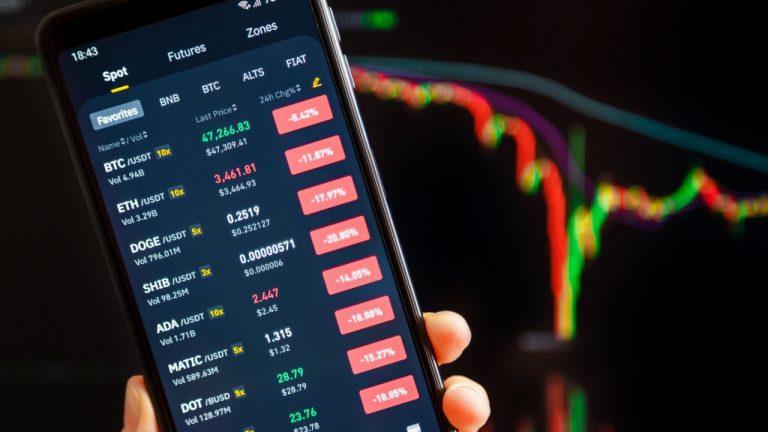
Economists Expect the Fed to Reveal Another 25bps Rate Hike Before Pausing for the Rest of 2023

After the March rate hike by the Federal Reserve, economists believe that the recent move by Saudi Arabia and several members of the Organization of the Petroleum Exporting Countries (OPEC) to cut oil production could complicate the central bank’s mission. Additionally, the majority of the market is pricing in another 0.25% increase for the May 3 meeting of the Federal Open Market Committee (FOMC), and several analysts suspect it may be the last hike for quite some time.
Economists Attempt to Predict Fed’s Next Decision — ‘Peak Rates Are in Sight’
This week, market investors are focused on several factors, including the Consumer Price Index (CPI) report and earnings reports from some of the largest banks in the United States. However, one of the biggest factors investors are eyeing will take place in 23 days when the Federal Open Market Committee (FOMC) meets to potentially raise the federal funds rate. According to statistics from CME Group’s Fedwatch tool, there is a 66% chance the Fed will raise the rate by 25 basis points (bps). Conversely, there is a 34% chance the Fed won’t raise the rate in May, and some believe that after a 25 bps rate hike, May will be the last increase for 2023.
Although the Federal Open Market Committee (FOMC) will be monitoring this week’s CPI report, senior economist Sarah House at Wells Fargo described how the recent decision by Saudi Arabia and OPEC to cut oil production could affect the Fed’s future policy. “The Fed sees OPEC decisions as mostly geopolitical, but they can impact production of goods and the transportation of other items, so those higher oil prices can bleed into that core component, which the Fed does tend to focus on a little bit more in terms of setting policy,” House explained to CNN reporter Bryan Mena.
Economists surveyed by Bloomberg Economics expect the federal funds rate to reach 5.25% at the end of 2023. Economist Anna Wong stated in the forecast, “We expect the Fed will hike by another 25 basis points at its May meeting, when the upper bound of fed funds rates reaches 5.25%. With the recent production cuts by OPEC+ and the still-tight U.S. labor market, inflation will likely remain in the vicinity of 4% in 2023, and keep the Fed from rate cuts, as markets currently foresee.” Wong added:
We see the Fed holding rates at the peak level for the duration of this year, even as a mild recession is likely to develop in late-2023.
Portfolio manager Michele Morra at Moneyfarm believes that investors have shifted their focus away from inflation and are now fixated on a recession. With inflation slowing down and “even if taking into account a more dovish monetary policy, the main focus is recession,” Morra opined. Bloomberg economist Tom Orlik believes that the interest rate will soon peak for various reasons.
Economist Tom Orlik told Bloomberg Economics, “Since the start of the year, central banks have been buffeted by rival forces. Faster China reopening, Europe dodging a downturn, and tight U.S. labor markets all argue for higher rates. The collapse of Silicon Valley Bank and Credit Suisse pull in the opposite direction. So far, with limited signs of a broader banking crisis, it’s the arguments for tightening that are winning the day. Peak rates are in sight, but we’re not quite there yet,” the economist added.
What do you think about the economists’ predictions? What do you think the impact of the recent OPEC+ oil production cuts will be on the Fed’s future policy decisions, and how will it affect the economy and financial markets? Share your thoughts about this subject in the comments section below.
Go to Source
Author: Jamie Redman








